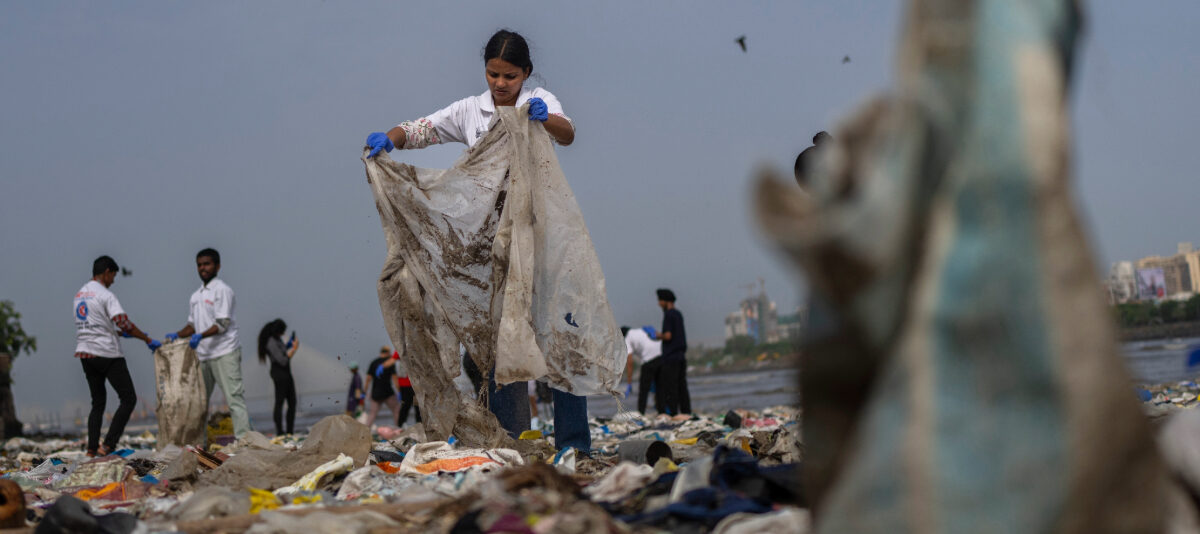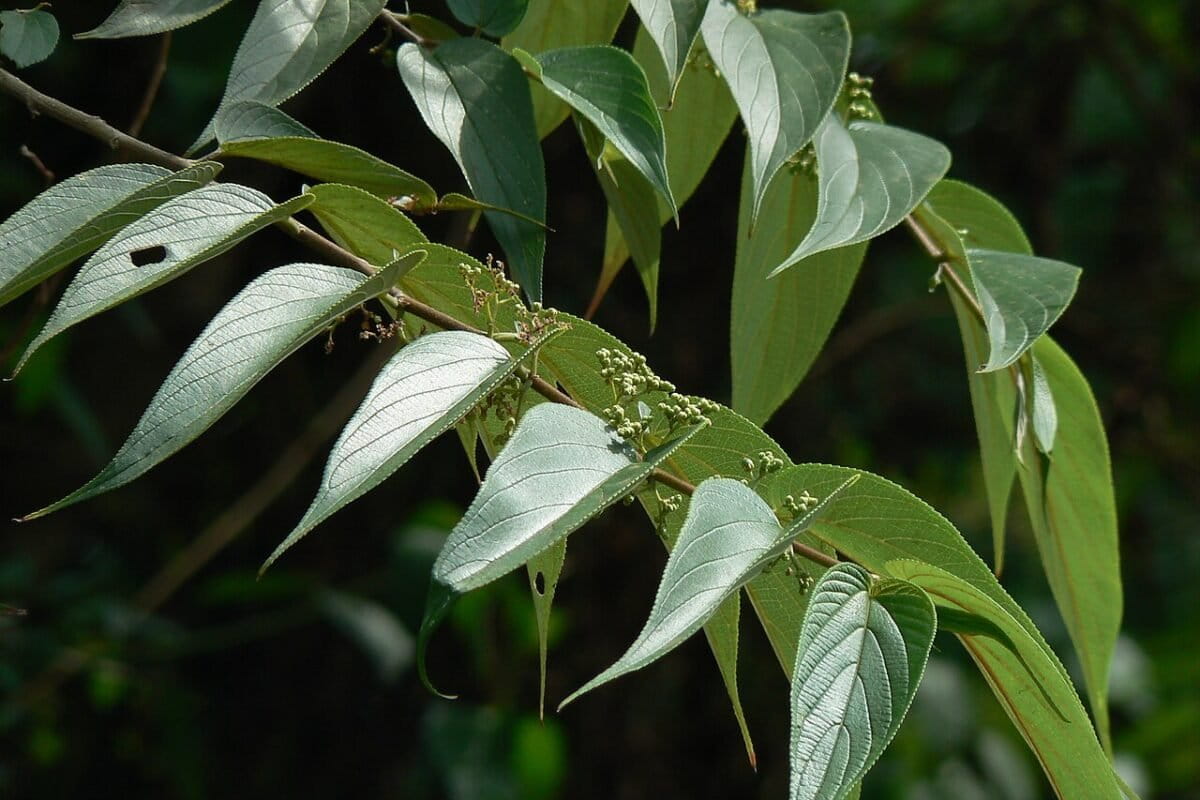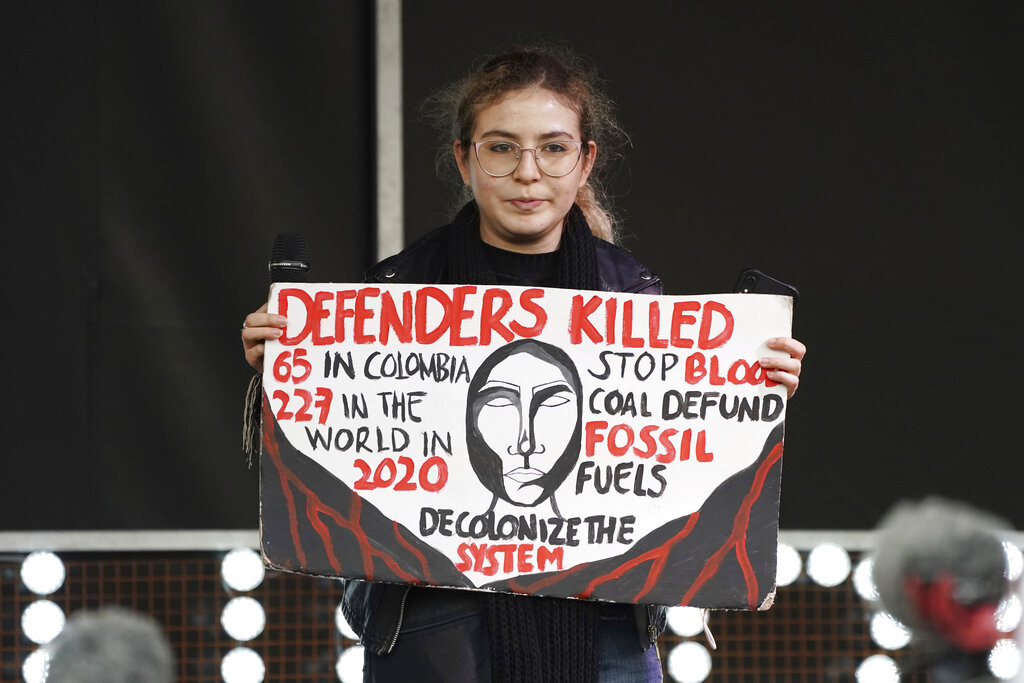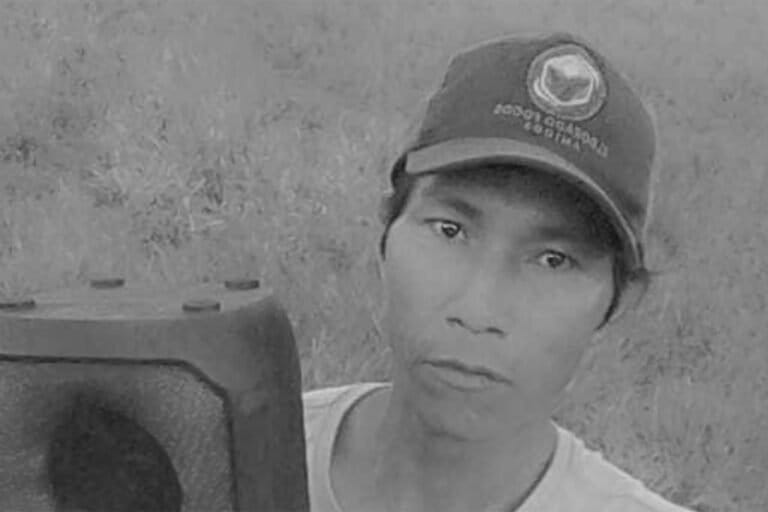Brazil’s Federal Police have indicted 31 suspects for fraud and land-grabbing in a massive criminal carbon credit scheme in the Brazilian Amazon, according to Brazilian national media outlet Folha de S.Paulo. It is the largest known criminal operation involving carbon credit fraud to date in the nation.
The police probe, called Operation Greenwashing, was launched following an investigation by Mongabay reporter Fernanda Wenzel published in May 2024 about two REDD+ carbon credit projects that appeared to be linked to illegal timber laundering.
The Netherlands-based Center for Climate Crime Analysis (CCCA) analyzed the REDD+ projects, called Unitor and Fortaleza Ituxi, at Mongabay’s request, finding a mismatch between their declared volume of logged timber and the logged volume estimated through satellite images, suggesting possible timber laundering.
The police investigation confirmed that two REDD+ project areas were generating carbon credits at the same time they were being used to launder timber taken from other illegally deforested areas.
Both projects, which cover more than 140,000 hectares (around 350,000 acres), are located in the municipality of Lábrea in the south of Amazonas state. The area has been identified as one of the newest and most aggressive deforestation frontiers in the Brazilian Amazon.

The Federal Police told Folha that three interconnected groups were involved.
One group was led by Ricardo Stoppe Júnior, known as Brazil’s largest individual seller of carbon credits. He has actively participated in climate talks and public events promoting his business model, including during the COP28 climate summit hosted in the United Arab Emirates.
Stoppe has sold millions of dollars in carbon credits to corporations including Nestlé, Toshiba, Spotify, Boeing and PwC.
The other two were led by Élcio Aparecido Moço and José Luiz Capelasso.
Moço shares a business conglomerate consisting of seven companies with Stoppe’s son, Ricardo Villares Lot Stoppe. In 2017, Moço had been sentenced for timber laundering, but in 2019, another court overruled his sentencing. In 2019, he was also indicted for allegedly bribing two public officials.
Capelasso was sentenced for illegally trading certificates of origin for forest products in 2012 but was subsequently released. At the time, the police alleged that Capelasso was charging 3,000 reais (approximately $1,500 in 2012) for each fake document.
According to Operation Greenwashing, the scheme was made possible by corrupt public servants working in Brazil’s land reform agency, Incra, in registrar offices across Amazonas state, as well as the Amazonas state environmental protection institute, Ipaam.
Folha de S.Paulo did not get a response from any of the legal defence teams of the accused. Both Ipaam and Incra stated they supported and are collaborating with the police investigation.
Banner image: Logging in the Brazilian Amazon. Image © Bruno Kelly/Greenpeace.














